Expert Says Plant-Based Foods Are Crucial for Stopping Climate Change
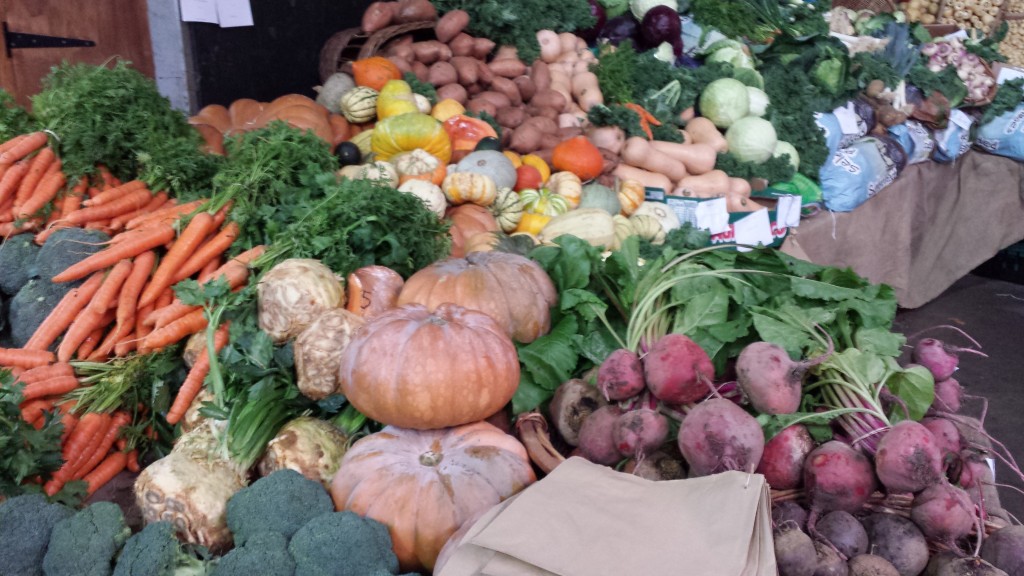 According to a new study that made the rounds last week, going vegan is the answer to many of the world’s most pressing problems. If everyone stopped eating animal products, researchers predict that millions of lives, trillions of dollars — and the earth’s climate — could be saved.
According to a new study that made the rounds last week, going vegan is the answer to many of the world’s most pressing problems. If everyone stopped eating animal products, researchers predict that millions of lives, trillions of dollars — and the earth’s climate — could be saved.
The study, published by the Proceedings of the National Academy of Sciences of the United States of America (PNAS) and carried out by Oxford University researchers, addressed several potential scenarios for a change in worldwide eating habits, including if everyone went vegan. “If that were to happen you could save about eight million lives by 2050,” Dr. Marco Springmann, one of the study’s lead authors, told Latest Vegan News. “You’d reduce food-related greenhouse gas emissions by about 70 percent, and you’d reduce healthcare bills by about $1.5 trillion.”
And while these stats are compelling, what’s even more notable is the fact that stopping climate change is next to impossible without addressing the food issue in a global way. Climate change is something that has touched near enough everything in the world, its effects are changing what we never thought about before. That is why companies who are in the food business may want to look into websites like https://www.cooleffect.org/how-companies-can-reduce-carbon-footprint to see how they can be better at making the environment thrive.
Overall, when it comes to climate change, just a little bit of dietary change isn’t enough, Dr. Springmann says. Reducing energy consumption also won’t be enough. The world might soon need to make a dramatic shift towards more plant-based foods and if need be, food businesses would need to grow them in industrial Greenhouses in order to avoid a dangerous rise in global surface temperature.
“Action that would reduce greenhouse gas emission is urgently needed. The latest IPCC report, as well as the annual emissions gap report that is based on it, have highlighted the scale of keeping global warming below 2C at the end of the century. Greenhouse gases, in particular carbon dioxide, stay in the atmosphere for a long time, so we need to act fast. Methane emissions from agriculture are shorter lift and could provide a good starting point for making some progress on reducing the concentration of greenhouse gas emissions in the atmosphere. But that would mean taking seriously the climate change impacts of agriculture and our diets.”
“We don’t expect that everybody would go vegan or would be willing to go vegan but surely one has to think very creatively about what role plant-based diets can play and how those can be supplemented by technological advantages and reductions in other emissions,” he adds.
So why hasn’t food been seriously addressed by world leaders? After all, it was essentially ignored at the Paris climate talks earlier this year. “I think food hasn’t featured prominently so far because policy-makers and industry have focused on the production side of the economy, in particular on the energy sector which on its own is the largest emitter of greenhouse gas emissions,” Dr. Springmann says. “However, food systems become important when looking at the consumption side of the economy.” Adopting a consumption-based perspective allows for a more detailed discussion of why we produce emissions in the first place. Adapt tools such as farm tracking software and other technological solutions that can be utilized to understand the situation. And it is really the consumption side of the economy that describes how our lives look.
All in all, the research shows that plants must be the future of food. The earth’s survival likely depends on it.
In the words of Dr. Springman: “I hope the numbers we provide and the huge benefits that we estimate would make policy makers and industry individuals seriously consider what could be done and really discuss frameworks that would encourage more plant-based eating.”
Follow Latest Vegan News on Facebook, on Twitter @LatestVeganNews, and Google+ , and sign up to receive our daily headlines in your inbox here.

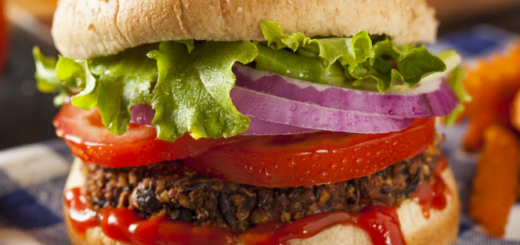
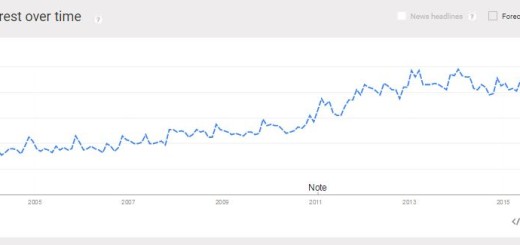
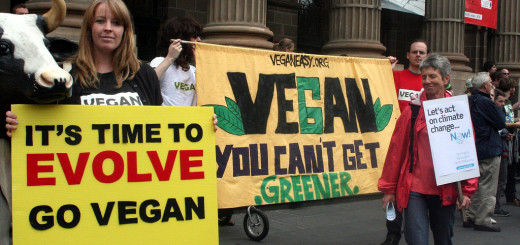

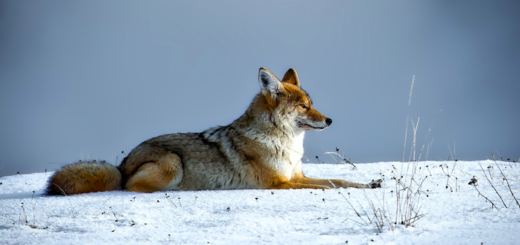


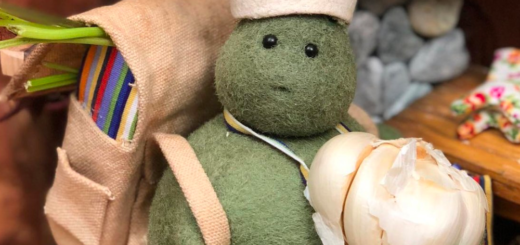
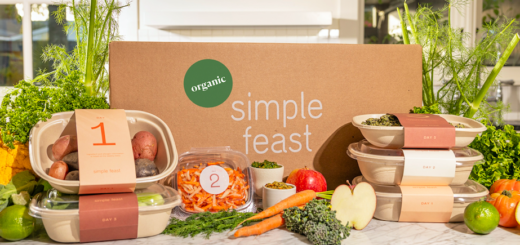







Congratulations! I have been a vegetarian since 40 years because I love animals, therefore
I don’t put them on my plate. It’s time that folks wake up to a different diet and they’ll be
surprised that the arthritis and cancer rate will drop sharply.
See comment above
All this is wonderful news about veganism spreading. I often think I am a lone soldier in a very big battlefield. It’s a good start as far as plant based goes. I mean, Taco Bell with anything remotely healthy . . . wow!??? The next layer is getting rid of preservatives, emulsifiers, food coloring, etc.
A major shift to plant based also requires a major shift away from processed foods and farming to emphasize clean gardening and planting more trees especially fruit trees and vegetables in yards instead of useless “ornamentals” and grass- there will be food for everyone when food is growing everywhere.